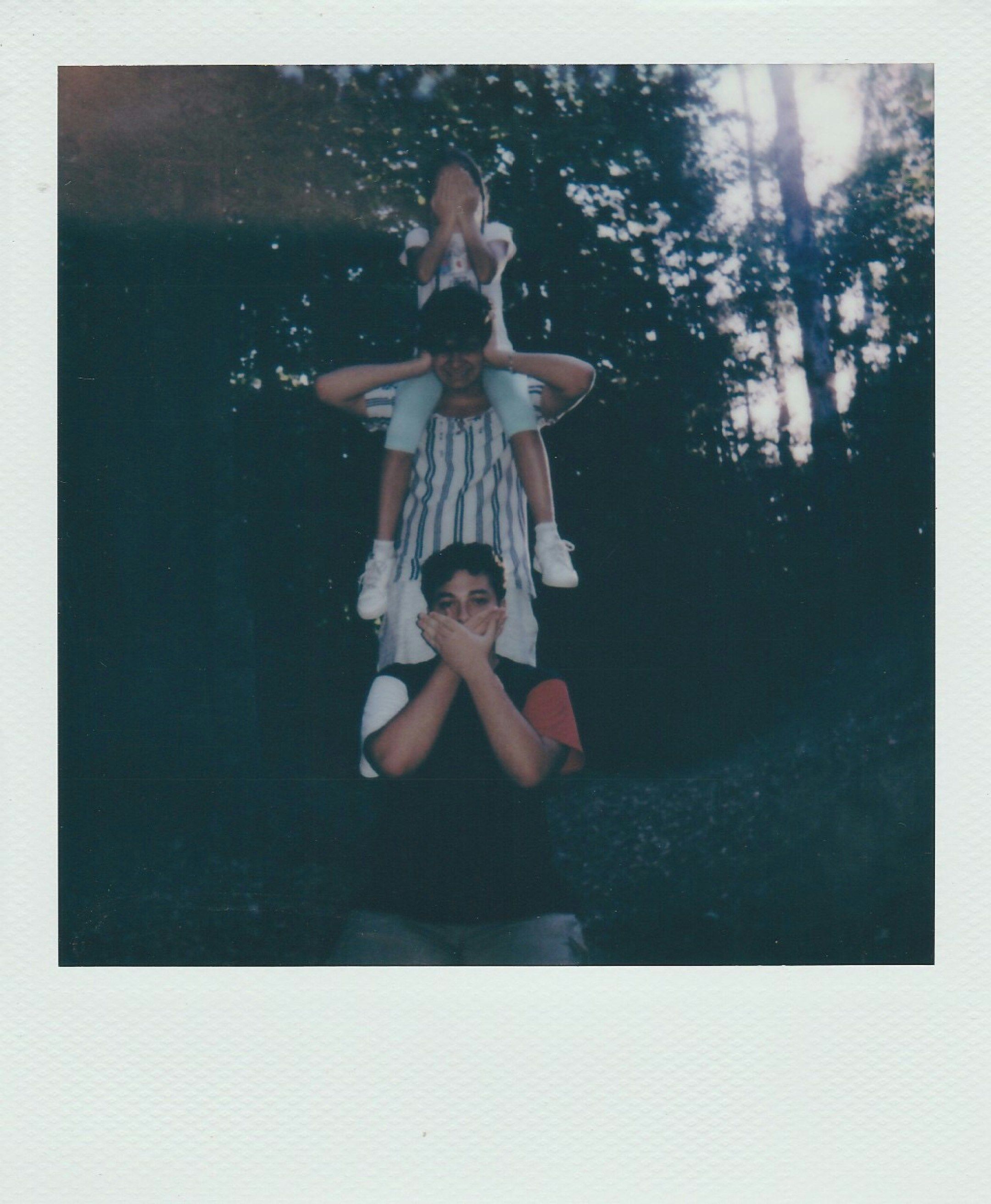
How Did I Become The Scapegoat Of The Family?
The scapegoat is the direct opposite of the “golden child,” and in many dysfunctional families, you will find these two opposing roles.
You’ve been told something was wrong with you from the moment you entered this world.
You’re not smart enough, and you don’t look like them. You remind them of their ex, their mother, or your other parent.
Every time you make a mistake, they’re reminded of all the reasons why you’ll never be what they want you to be.
It feels like everyone has given up on you.
You’re a threat to the rest of the family. The one who ruins everything and makes it difficult.
You are the black sheep—the scapegoat.
How You Became The Scapegoat
There are many reasons children may find themselves in the role of the scapegoat, and none of them are their fault.
The scapegoat is the direct opposite of the “golden child,” and in many dysfunctional families, you will find these two opposing roles. With the golden child, the best is always assumed. They can do no wrong, and there is an explanation for their confusing or bad behavior. The scapegoat is viewed with suspicion. There is always a negative assumption about their behavior; they’re assumed to be guilty and rarely allowed to be proven innocent.
A child may be cast as the family scapegoat for several reasons:
- The child is perceived as less capable at school, work, or within the family compared to other family members, or they do not live up to expectations in these areas.
- A parent may favor a child who looks like them or whose appearance is typical for the family. They may also reject a child who looks like someone they resent or dislike or who does not look like a typical family member.
- The child may remind their parent of someone else in the family who was also labeled a scapegoat, which can lead to the child taking on that role. The child's personality, appearance, or interests may also be a reminder.
- A child who makes mistakes or participates in behavior that is seen as “bad,” like getting in trouble at school, can lead them to be labeled as a scapegoat. Kids who choose to embrace a different identity or to participate in activities that are seen as negative within their family, cultural group, or religion may also fall into this trap.
- When parents feel incapable of caring for a specific child, they may give up and blame the child for being “bad” or “difficult.”
- If a child is physically and/or mentally ill or has big emotions or a disability, they may be cast as the scapegoat in a family. They’re likely to be blamed because of their diagnosis or different needs.
- Some parents may deem one child a danger or threat to other children or family members. Instead of assisting this child or getting them help, they will scapegoat them as a way to “protect” the other members.

Children also learn to play the role of the scapegoat in dysfunctional families to distract from a more significant problem. The Scapegoat experiences feelings of fear, pain, and loneliness and often becomes quite sensitive to the emotions of others. They attempt to take the attention away from another person in the family who is struggling; this is particularly true when a parent is dealing with self-destructive behaviors like alcoholism. However, diverting attention away from the family's problems often results in the child having their own problems. Scapegoat children are known to have educational issues or to participate in illegal activities like theft or using illicit substances. They may even harm themselves as an act of love and care to help the parent feel less alone or like they are less of a problem. As a result, the scapegoat becomes an expert in self-sabotage. They encounter a lot of disapproval from others because much of their behavior is difficult. This creates a self-fulfilling prophecy: I believe I am terrible or difficult; therefore, I act in a problematic manner, and then people perceive me as difficult. Because of their difficulties and problematic behavior, scapegoats are often ostracized from the family and forced to form connections outside of the family unit. These connections may be harmful or unsupportive, leading to further bad outcomes for the child's well-being.
- Scapegoated children often see themselves as problematic, rebellious, and a burden.
- The scapegoat is more likely to experience neglect, emotional absence, and abuse from their parents.
- Those in the scapegoat role are more likely to experience symptoms of depression when compared to other roles in a dysfunctional family.
- The roles people take on in childhood have long-lasting effects, influencing personality traits, relationship dynamics, and career choices in adulthood.
- Scapegoats are typically the target of criticism and blame.
The Scapegoat In Adulthood
Our dysfunctional family roles don’t suddenly disappear in childhood. Unfortunately, without effort and intervention, these roles can wreak havoc on our adult lives.
Those cast as the family scapegoats may experience a series of failures and challenges in adulthood due to their self-destructive tendencies. If they cannot break free from the dysfunctional family dynamic and their role, they will likely live their adult lives feeling frightened, resentful, and angry. They may also believe that the world is constantly out to get them. Research shows that these individuals may go on to break the law, disobey social rules, and often become alcoholics (Mellibruda, 1997, p. 7). Fischer and Wampler (1994) also found that the role of the scapegoat was associated with abusive drinking in adulthood. The role of the scapegoat is also associated with depressive symptoms in dysfunctional families.
One of the most important things the scapegoat has to learn is that everything isn’t their fault. They have to stop blaming themselves and stop behaving in the way everyone expects them to behave. They have to change their expectations about themselves and allow others to be wrong about them. This can be very challenging in families because each person plays a unique role, allowing the group dynamic to continue. The role of the scapegoat cannot be understood in isolation, and sometimes, you have to change and grow even when others aren’t willing.
At Calling Home, we help you break free from Dysfunctional Family Roles. If you’d like more content on The Scapegoat role and other dysfunctional family roles:
Sources